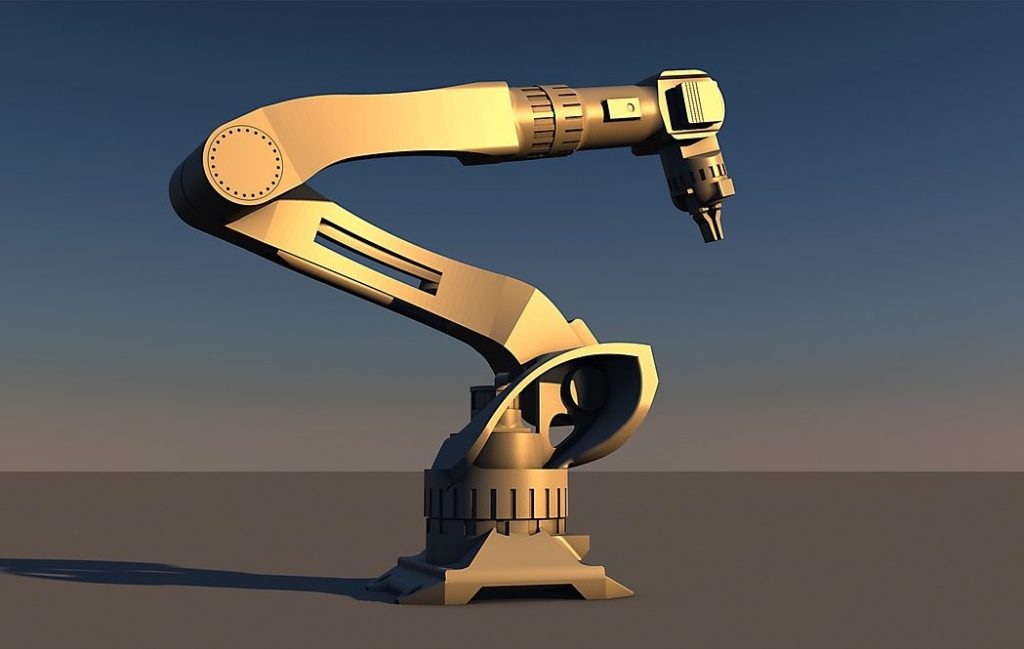Startup Manufacturing Cost Advantages
Gone are the days when manufacturing startups had no chance of competing with large established firms. These are changing times. Thanks to the internet and other rapid technological changes, small companies can take advantage of the available opportunities. One of the ways startups can do this is by outsourcing, but other options exist as well. It’s impressive how manufacturing costs can change when firms decide to be clever with spending. The advantages startups have are as follows:
Minimal cash outlays
Most startups operate on a fixed budget, and the option to invest heavy initial capital in the business poses a prominent risk to the business owners. This is because startups require liquid funds to keep their operations going. What this means is that they’re left with the option of seeking the services of other manufacturing companies. Luckily, this option has become quite affordable nowadays. Startup firms can save large sums of money by having their products manufactured elsewhere at a considerably cheaper cost than they would have done it themselves. Or, if keeping the manufacturing at home, opting for used machine tools. It’s a fact a startup can pick up a used mori seiki
for thousands less than brand new.
Skilled expertise
If choosing to outsource, skilled labor can be gotten relatively cheap. An outsourced agency can also guarantee the startup firm quality manufactured products as they have a more experienced workforce than the startup company. This also reduces the expenses the firm would have incurred in hiring in-house staff. Not to mention the time it would have taken to get skilled staff. This route makes more capital available for the business to use in other revenue-generating activities.
Time to focus on more important matters
Once a company has outsourced its production or found other ways to cut costs, it can turn its attention to other pressing concerns such as improving its service delivery and working on increasing its scalability. This is important because it means there will be less worry over issues of quality control
, as they are assured their outsourced agency is capable of delivering quality products.
Startup businesses also have the option of keeping their production in-house. This is the ideal route to take when the company is dealing with highly technical products as many manufacturing startups do. There is one major factor that startups should consider to save on costs when opting for in-house production; that is the value of machinery.
Startups usually have limited capital. While the firm may want to purchase machinery for its production, the cost for new machines might not be feasible for the business as it is a considerable risk for it to take during its early phase. As mentioned earlier, this leaves startups with the option of purchasing used machines. The firm must be keen to ensure the machines are still in good condition and can offer quality output.
Access to quality services
It is also advisable to go for trusted brands which have been on the market for quite some time. These brands have been tried and tested, to prove they can get the job done. It is not wise to try out new brands as a startup, they can prove costly and their performance has not been proven yet. It is also easier to get maintenance services, and spare parts for trusted brands because these services are more widely available and potentially cheaper. This is a good trade-off for a firm as it acquires good machines and saves on cost.
The debate of in-house vs abroad manufacturing has been raging on for the longest time, and it won’t go anywhere soon. It is important to consider your needs and your product niche when considering which option to take. You can contact the services of a trusted manufacturing agency in your line of production for more expert advice.

